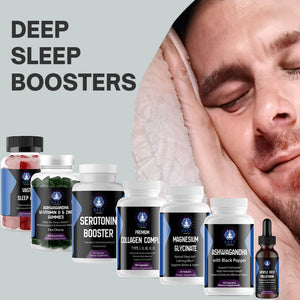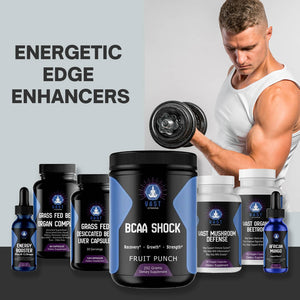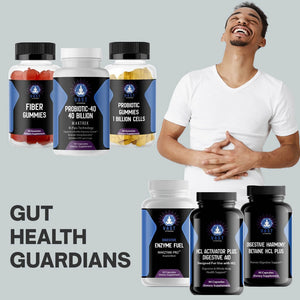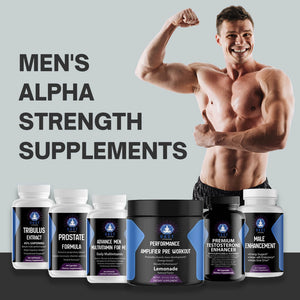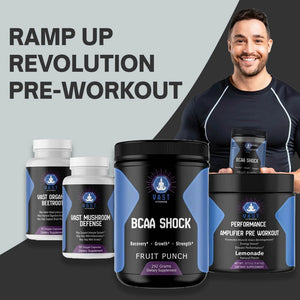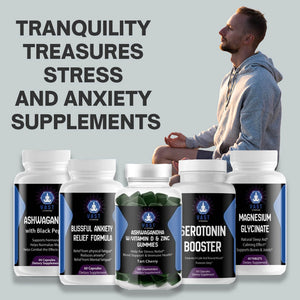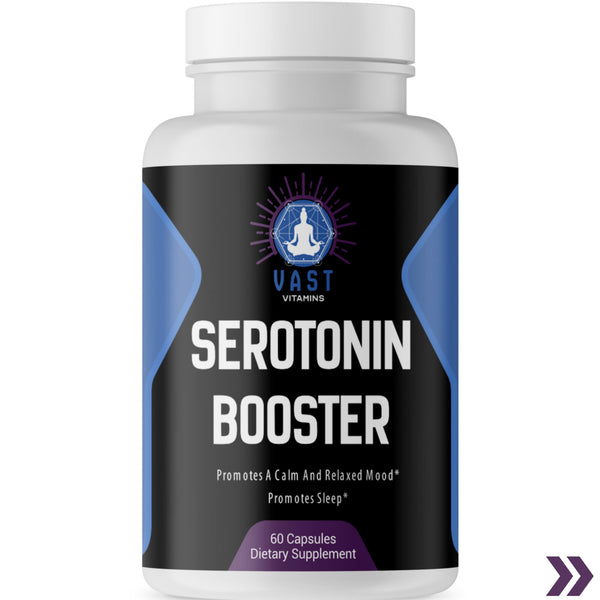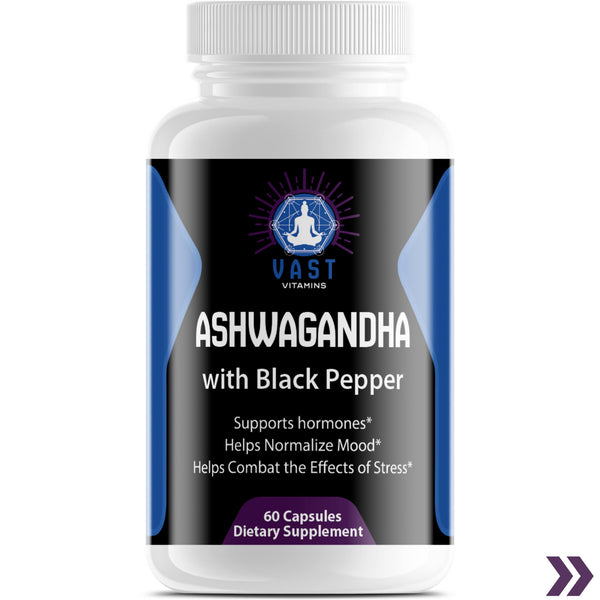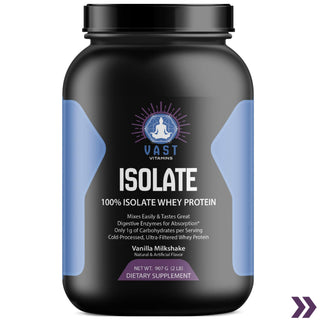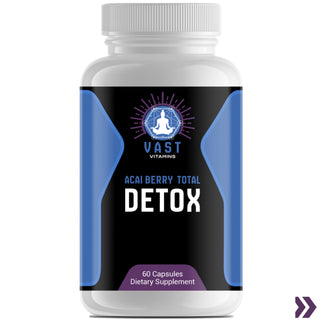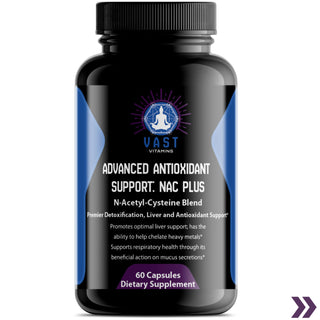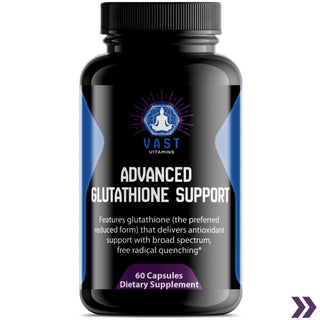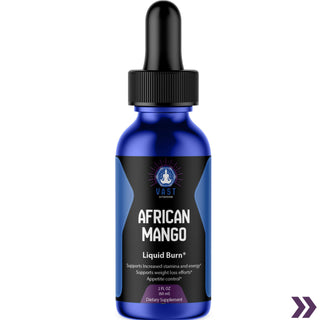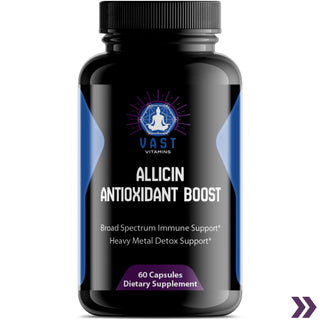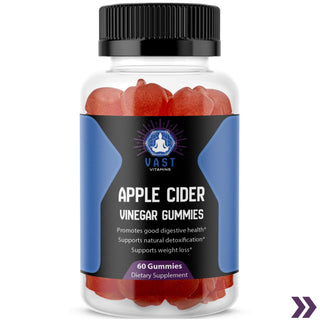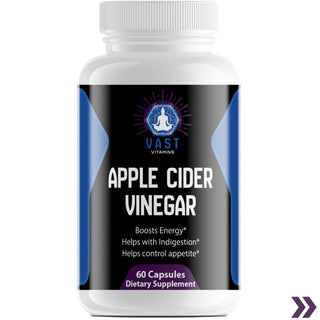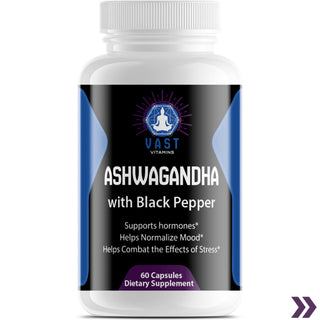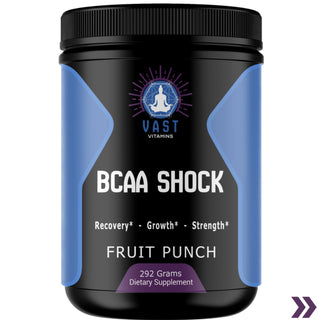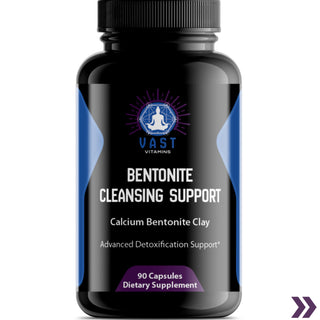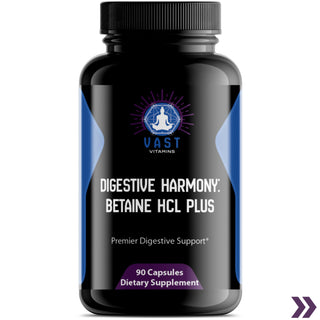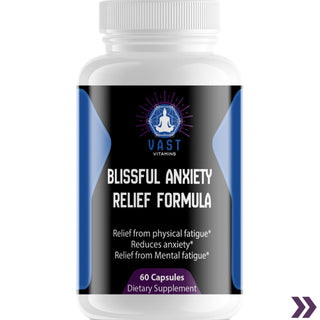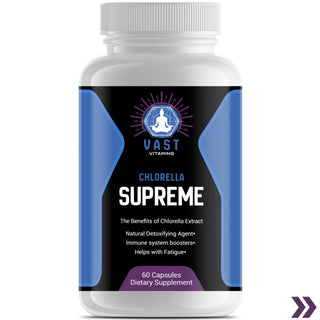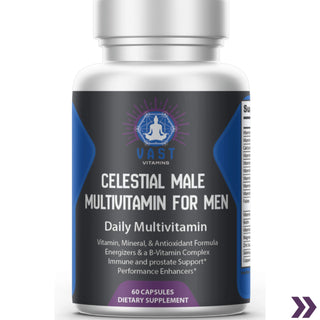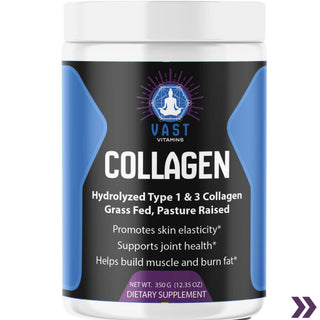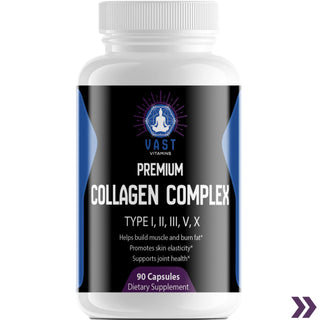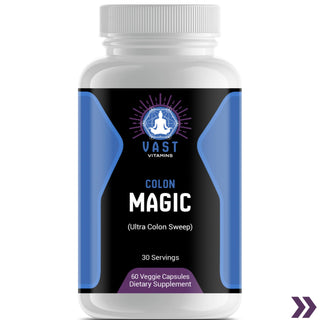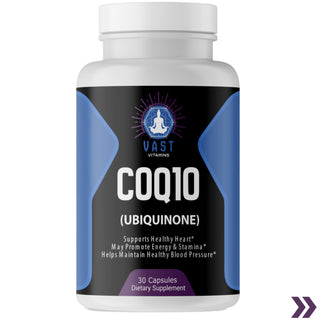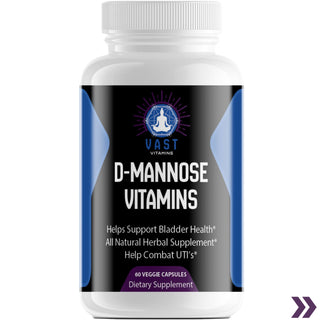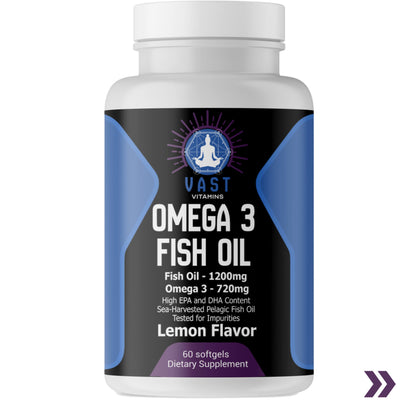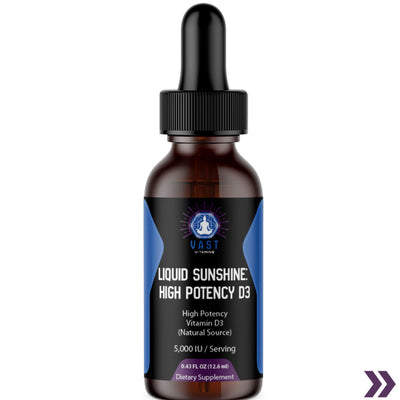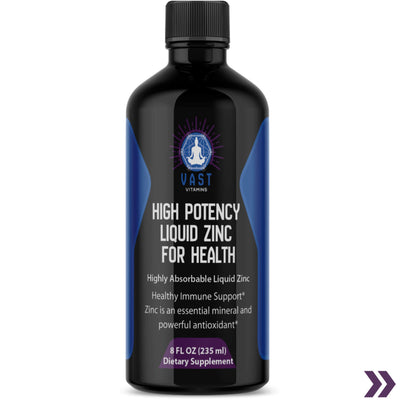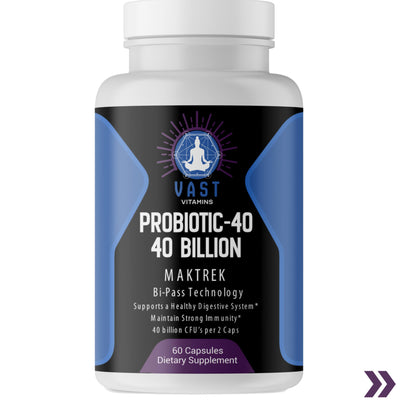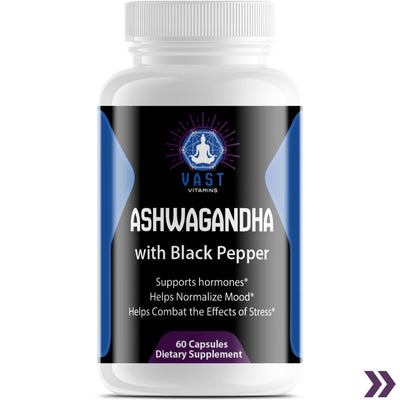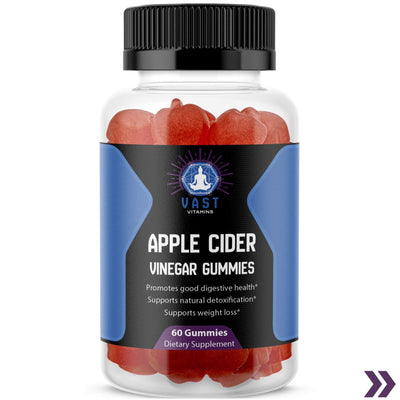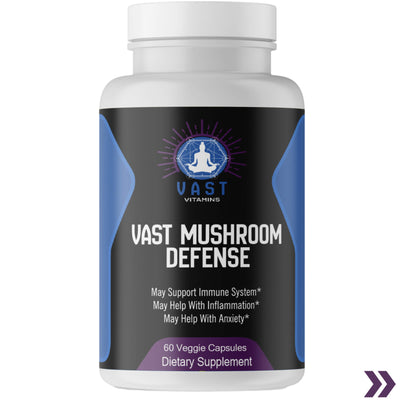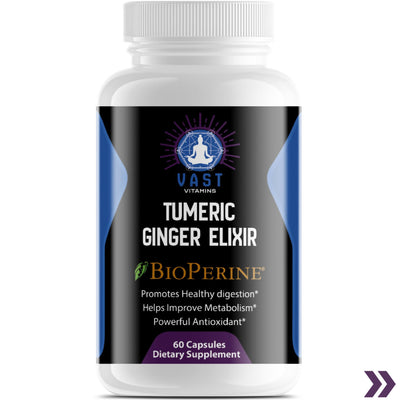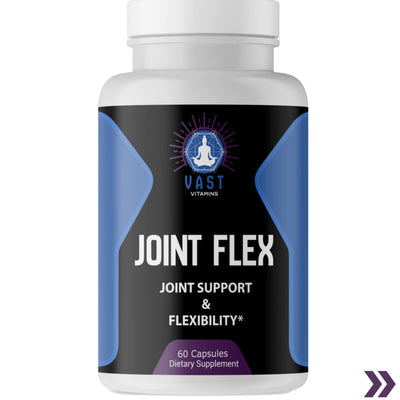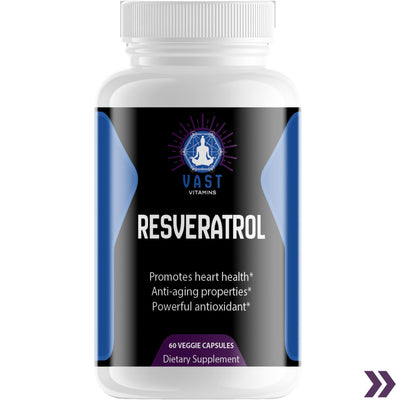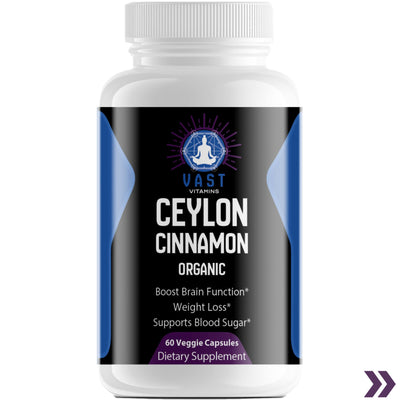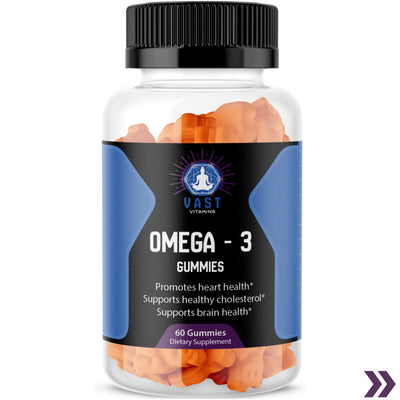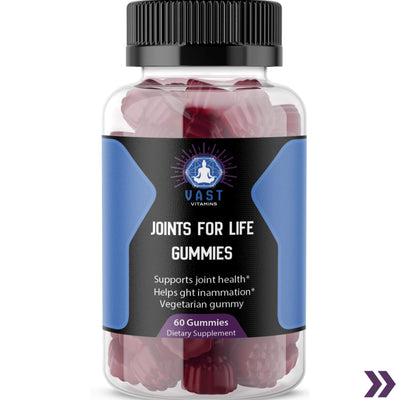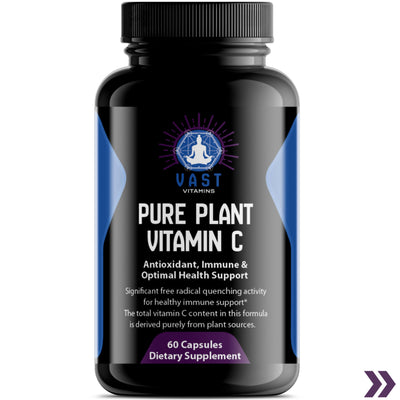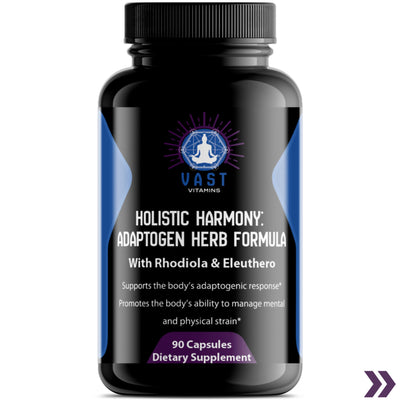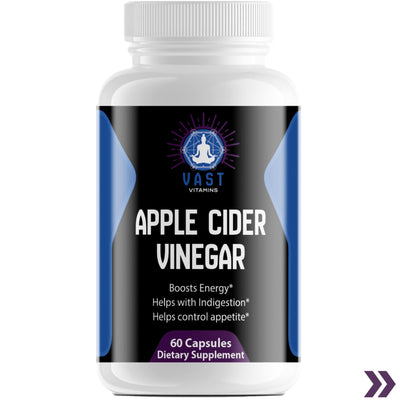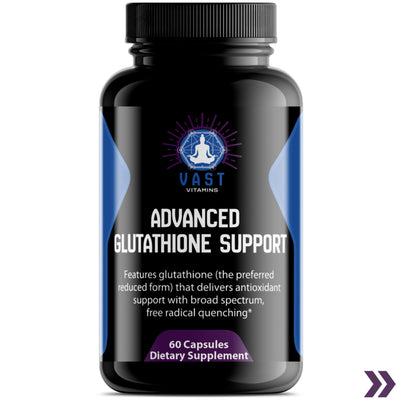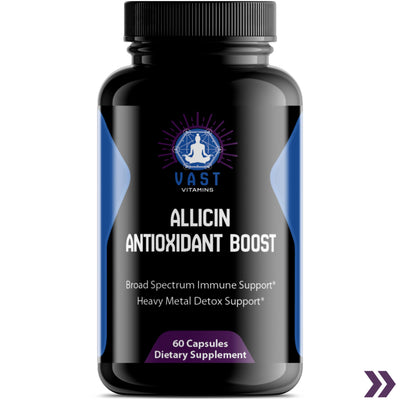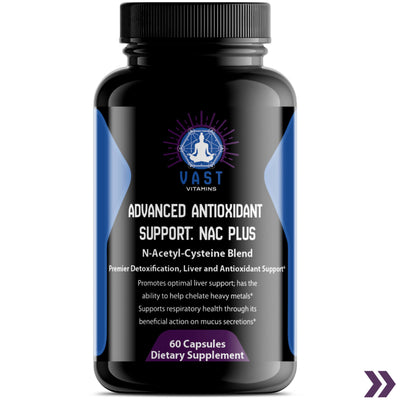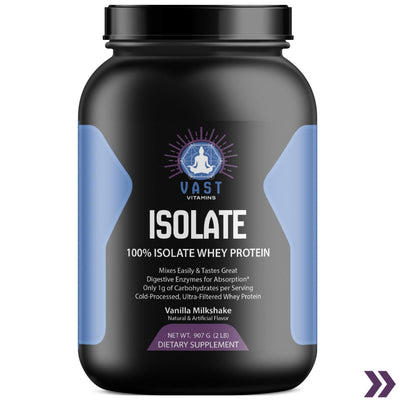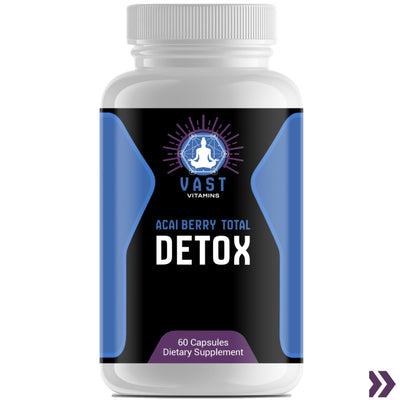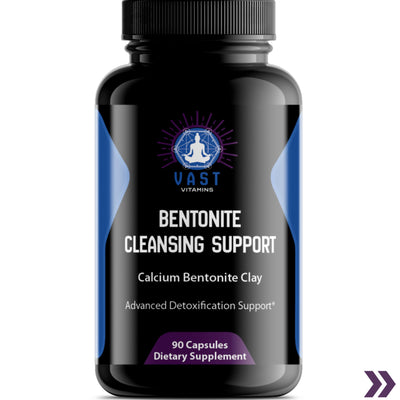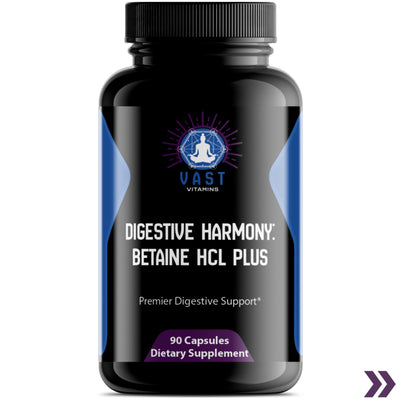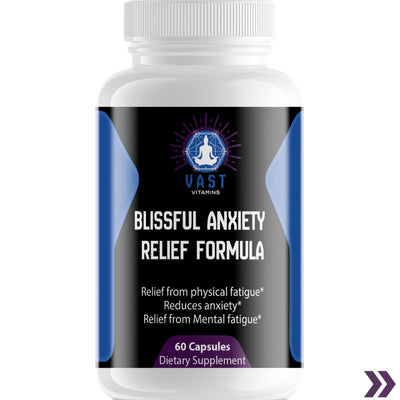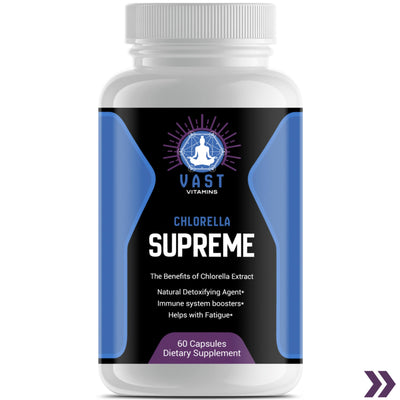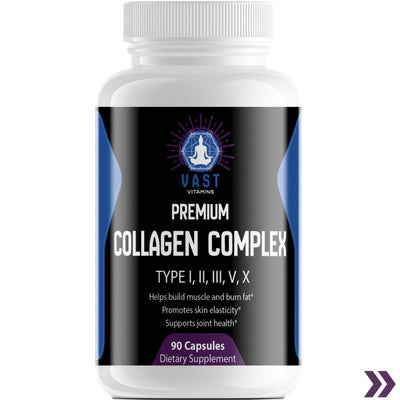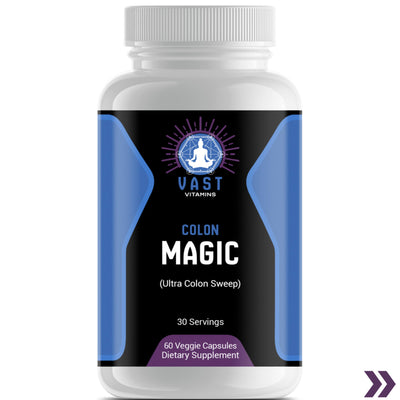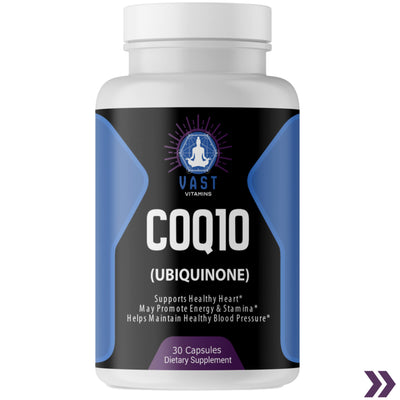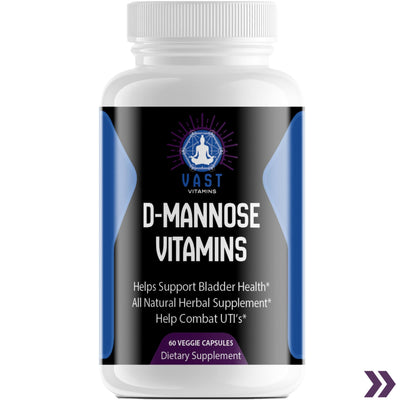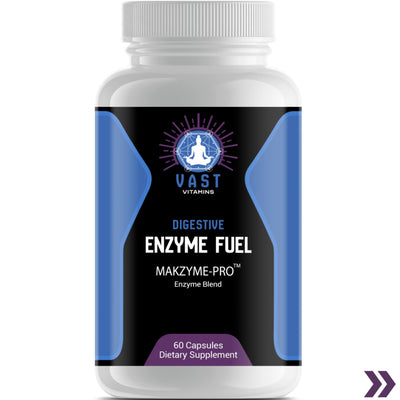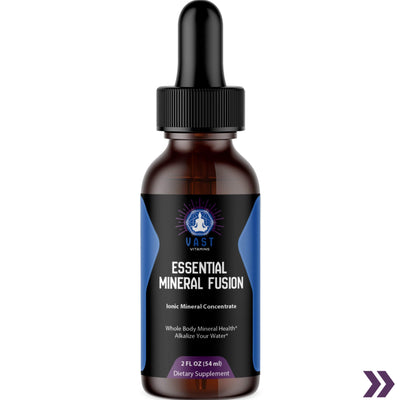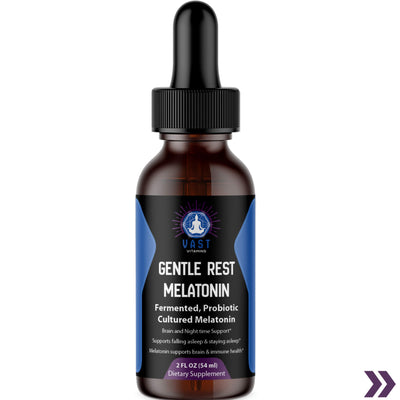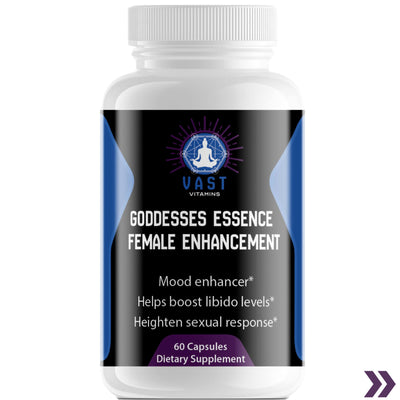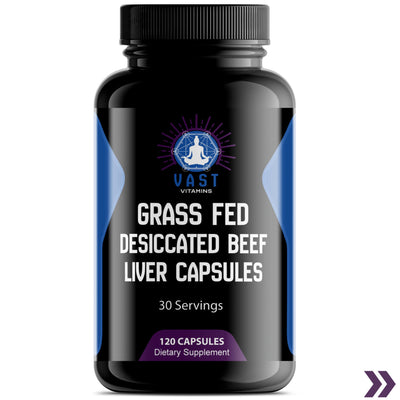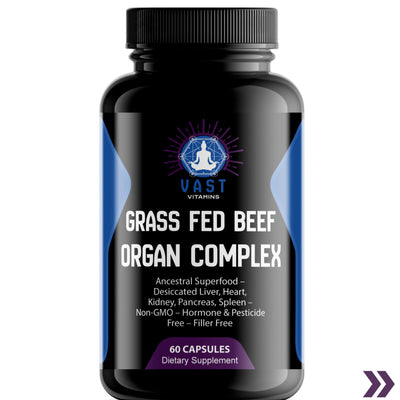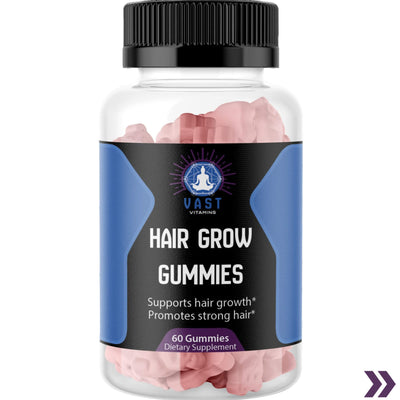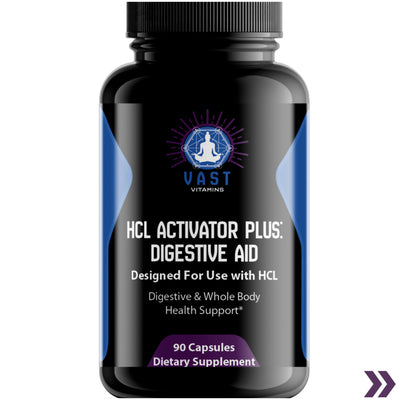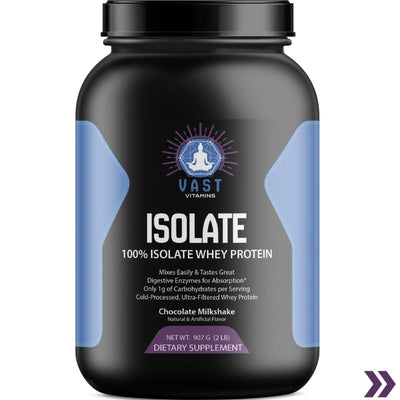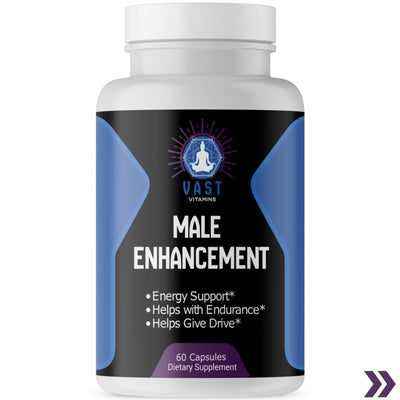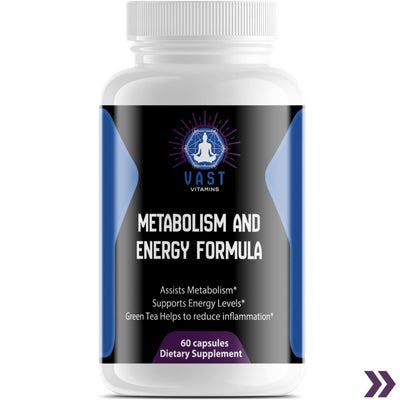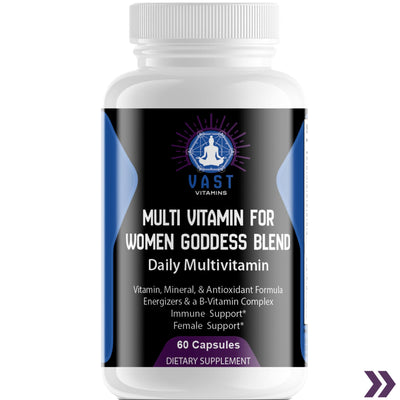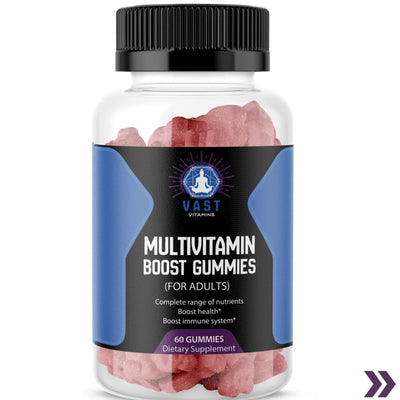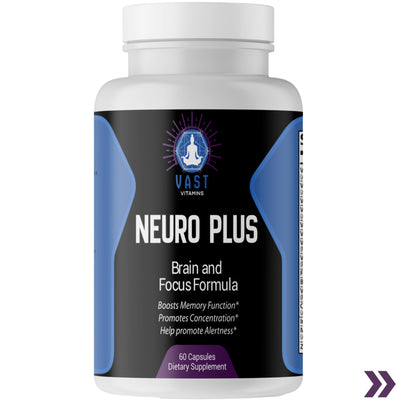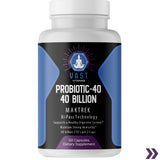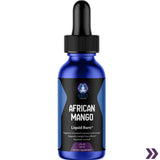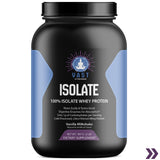Introduction.
The intricate relationship between our gut and brain, often referred to as the gut-brain connection, has garnered extensive attention in recent years. This bidirectional communication system plays a critical role in maintaining not just physical health but also mental well-being. Emerging research suggests that a healthy gut can potentially lead to better mental clarity, improved mood, and overall enhanced brain function. In this blog post, we will explore how supplements can support the gut-brain connection, providing you with the tools to optimize both your gut and mental health.
Understanding the Gut-Brain Axis.
The gut-brain axis is a complex network linking the emotional and cognitive centers of the brain with peripheral intestinal functions. This connection is facilitated through various mechanisms, including neurotransmitters, the immune system, and the vagus nerve. Neurotransmitters such as serotonin and dopamine are primarily produced in the gut, affecting our mood and mental state. Additionally, the immune system and microbiota in our gut can influence brain function and stress response. Recent studies have shown that an imbalance in gut flora can lead to mental health issues such as anxiety and depression, highlighting the importance of maintaining a balanced gut microbiome.
Key Supplements for the Gut-Brain Connection.
Probiotics:
Probiotics are live microorganisms that provide numerous benefits for gut health and mental well-being. Specific strains like Lactobacillus and Bifidobacterium have been shown to improve mood and cognitive function. For instance, Lactobacillus rhamnosus has been linked to reduced anxiety levels, while Bifidobacterium longum can help in alleviating stress. It's essential to choose high-quality probiotic supplements and adhere to the recommended dosage for optimal results.
Prebiotics:
Prebiotics are non-digestible food components that promote the growth of beneficial bacteria in the gut. They play a vital role in maintaining gut flora, which in turn impacts brain health and mood regulation. Common prebiotics include inulin and fructooligosaccharides, found in foods like chicory root, garlic, and onions. Including these in your diet or taking a prebiotic supplement can support a healthy gut-brain axis.
Omega-3 Fatty Acids:
Omega-3 fatty acids are crucial for brain function and reducing inflammation. Sources such as fish oil and algae oil are rich in these essential fats. Studies have shown that omega-3s can improve mental health by reducing symptoms of depression and anxiety. A daily intake of around 1,000-2,000 mg is generally recommended, but it's best to consult with a healthcare provider for personalized advice.
Vitamin D:
Vitamin D is known for its role in brain health and mood regulation. A deficiency in this vitamin has been linked to depression and other mental health issues. Additionally, Vitamin D supports gut health by promoting the growth of beneficial bacteria. Natural sources include sunlight, fatty fish, and fortified foods. Supplementation can be particularly beneficial for those with limited sun exposure, with a typical recommended dosage of 600-800 IU per day.
Magnesium:
Magnesium is essential for nervous system function and stress reduction. It also plays a role in maintaining gut health. Low levels of magnesium can lead to increased stress and anxiety, making it crucial to ensure adequate intake. Magnesium supplements come in various forms, such as magnesium citrate and magnesium glycinate, with a recommended daily dosage of 310-420 mg depending on age and gender.
L-Glutamine:
L-Glutamine is an amino acid that aids in repairing the gut lining, making it beneficial for gut health and reducing anxiety. This amino acid helps maintain the integrity of the gut barrier, preventing inflammation and supporting overall gut function. A typical dosage ranges from 5-10 grams per day, but it's advisable to consult with a healthcare provider for personalized recommendations.
Emerging Trends and Key Players.
The field of gut-brain health supplements is rapidly evolving, with new trends such as postbiotics and psychobiotics gaining popularity. Postbiotics are the byproducts of probiotic bacteria and have shown promise in supporting gut health and brain function. Psychobiotics are a subset of probiotics specifically aimed at improving mental health. Leading brands and researchers are continually innovating, making it an exciting time for those interested in gut-brain health.
Practical Tips for Choosing and Using Supplements.
Selecting high-quality supplements can be daunting, but a few key tips can help. Look for products that are third-party tested, contain clinically studied ingredients, and have transparent labeling. Integrating supplements into your daily routine can be seamless by setting reminders and combining them with meals. Remember, supplements are most effective when paired with a balanced diet and lifestyle changes, such as regular exercise and stress management techniques.
Conclusion.
The gut-brain connection is a vital aspect of our overall health, influencing both physical and mental well-being. By understanding and supporting this connection through targeted supplements, we can enhance our quality of life. However, it's crucial to consult with healthcare providers before starting any supplement regimen to ensure safety and efficacy. Stay informed, explore further resources, and take proactive steps towards a healthier gut and brain.
Start Your Journey To Better Gut Health Today With Vast Vitamis.
Check out our full line of GUT HEALTH GUARDIANS today. Follow us on social media for daily tips and inspirational stories. Take charge of your health today!
Thank you for taking the time to read our blog post on Supplements For The Gut-Brain Connection. We hope you found it informative and helpful. Stay tuned for more insights on maintaining optimal health and well-being.
Frequently Asked Questions (FAQ).
- Q: Are Vast Vitamins supplements 3rd-party lab tested? A: Yes, Vast Vitamins supplements are 3rd-party lab tested to ensure quality, purity, and potency.
- Q: Are Vast Vitamins supplements made in the USA? A: Yes, Vast Vitamins supplements are proudly made in the USA, adhering to strict quality control standards.
- Q: What are the key supplements that support the gut-brain connection? A: The key supplements that support the gut-brain connection include probiotics, prebiotics, omega-3 fatty acids, vitamin D, magnesium, and L-glutamine.
- Q: How do probiotics benefit gut and mental health? A: Probiotics are live microorganisms that can improve gut health and mental well-being. Specific strains like Lactobacillus rhamnosus and Bifidobacterium longum have been linked to reduced anxiety levels and alleviated stress.
- Q: What are the recommended dosages for omega-3 fatty acids and vitamin D? A: The generally recommended daily intake for omega-3 fatty acids is around 1,000-2,000 mg, while the typical recommended dosage for vitamin D is 600-800 IU per day. However, it's best to consult with a healthcare provider for personalized advice.
- Q: Can magnesium help with stress reduction? A: Yes, magnesium plays a crucial role in nervous system function and stress reduction. Low levels of magnesium can lead to increased stress and anxiety, making it important to ensure adequate intake.
- Q: What are postbiotics and psychobiotics? A: Postbiotics are the byproducts of probiotic bacteria and have shown promise in supporting gut health and brain function. Psychobiotics are a subset of probiotics specifically aimed at improving mental health.
- Q: How can I choose high-quality supplements? A: When choosing supplements, look for products that are third-party tested, contain clinically studied ingredients, and have transparent labeling. It's also advisable to consult with a healthcare provider for personalized recommendations.
- Q: Are supplements a substitute for a balanced diet and lifestyle? A: No, supplements are not a substitute for a balanced diet and lifestyle. They are most effective when paired with a nutritious diet, regular exercise, and stress management techniques.
- Q: Should I consult with a healthcare provider before starting a supplement regimen? A: Yes, it's crucial to consult with a healthcare provider before starting any supplement regimen to ensure safety and efficacy, especially if you have pre-existing health conditions or are taking medications.










